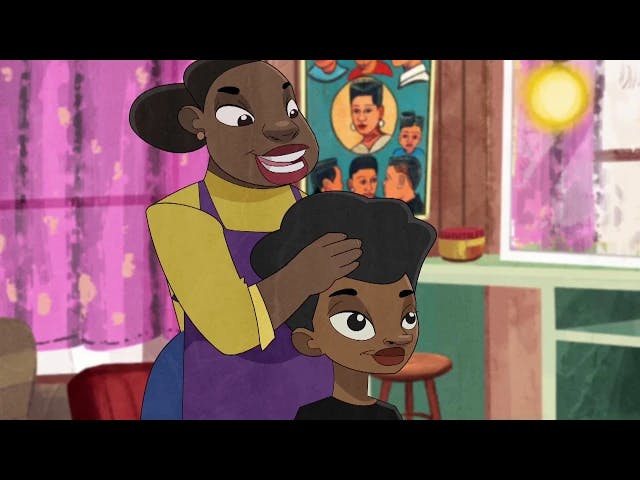If someone tells you they are being abused or describes traits of a toxic relationship, listen to them and don’t judge. Help them think through their options. These situations can be complicated. You don't have to have all the answers, but it's important that the person knows that you are there for them and will support them.
If you suspect that someone is in an unhealthy relationship, find a gentle way of asking them about it. Often, people in toxic relationships find it hard to talk. They may believe that it's their fault or feel embarrassed about how they are treated.
It's important that you take someone seriously if they tell you about problems in their relationship. Avoid saying things that might suggest it's their fault or you don’t believe them.
You can't force someone to leave a bad relationship – it’s their decision to make. Leaving an abusive partner can be frightening. If this is what they decide they want to do, it's better if other people are involved, so that together you can help keep the person safe. Encourage them to identify other people that they trust and are happy to tell.
